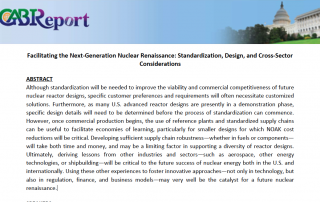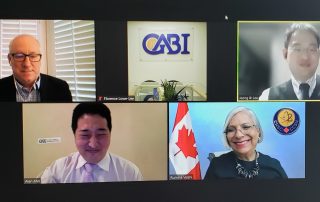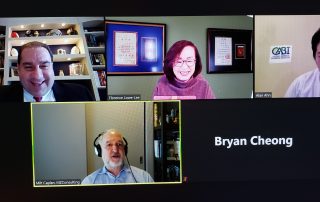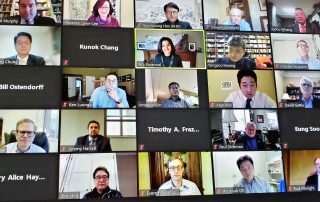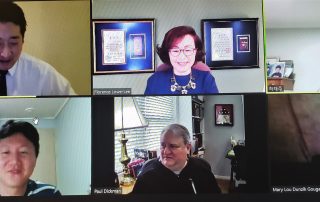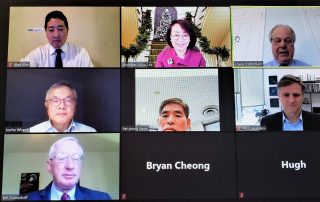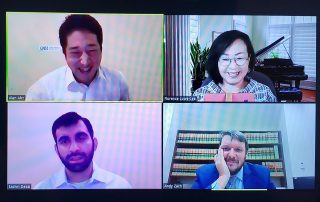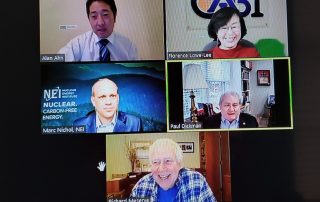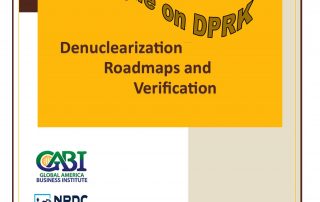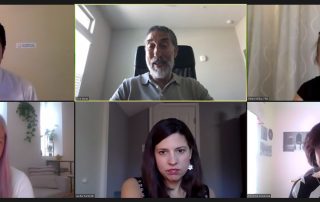At present, dialogue on nuclear technology in Washington, DC has tended to focus on issues related to nuclear materials security, nonproliferation, and arms control issues, rather than nuclear power. As a result, the policy community in Washington tends view nuclear power technologies with some skepticism. Given this environment, it is GABI’s commitment to promote, educate, and enhance the understanding of the vital role of nuclear power from the perspective of ensuring energy security, reliability and sustainability.
Facilitating the Next-Generation Nuclear Renaissance: Standardization, Design, and Cross-Sector Considerations
Although standardization will be needed to improve the viability and commercial competitiveness of future nuclear reactor designs, specific customer preferences and requirements will often necessitate customized solutions. Furthermore, as many U.S. advanced reactor designs are presently in a demonstration phase, specific design details will need to be determined before the process of standardization can commence.

